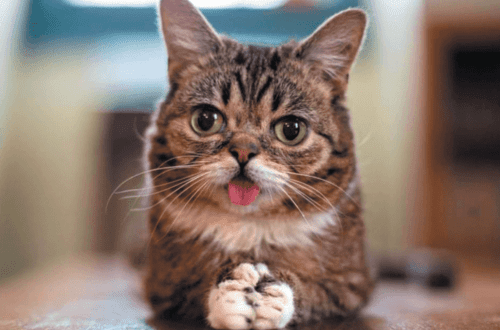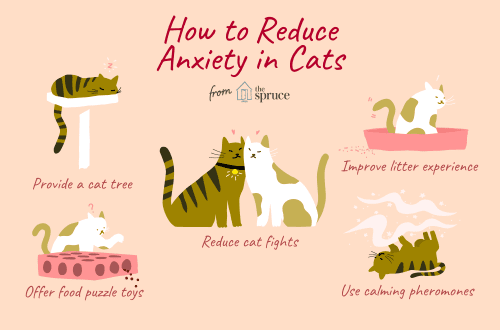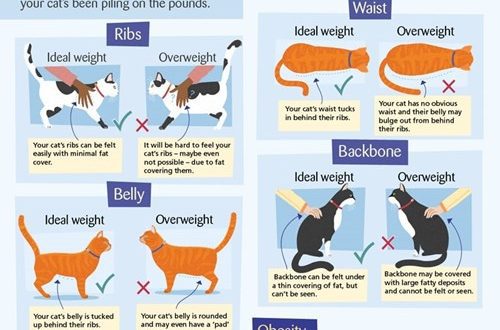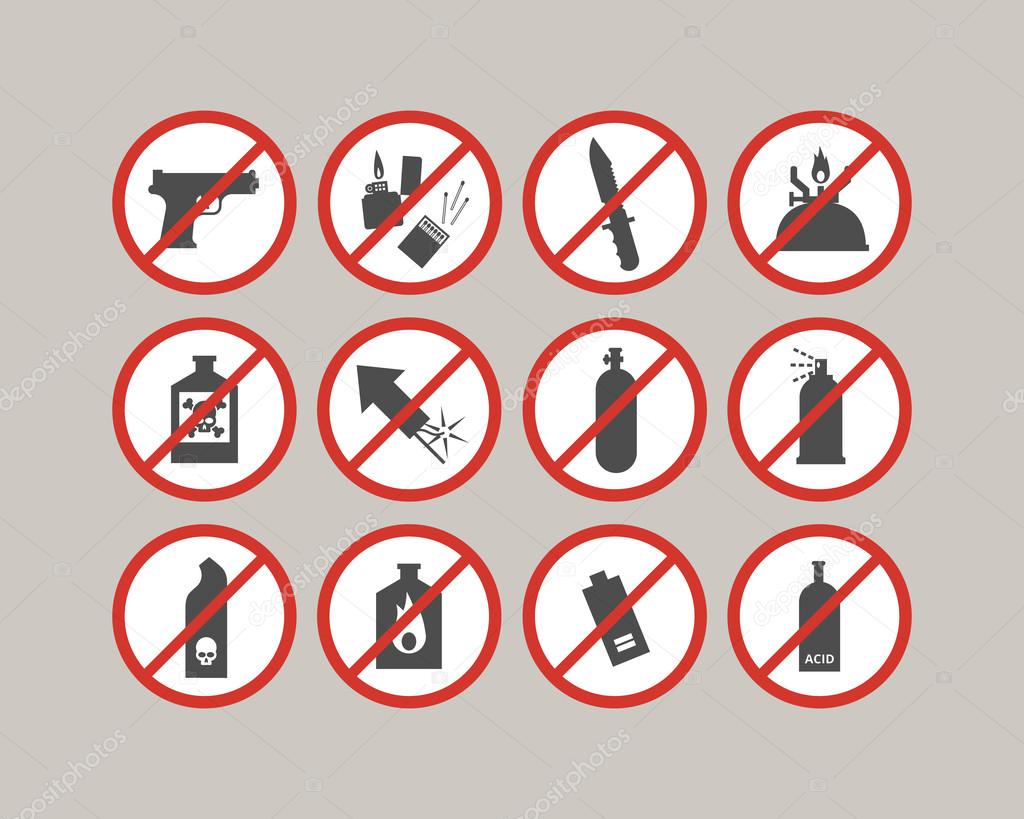
Prohibited products
A pet, be it a cat or a dog, becomes a full member of the family. Sometimes – so much so that loving hosts can not resist not to treat him from their table. The desire is understandable, but it will not benefit the cat: certain foods can lead to a serious illness or even death of a pet. Make sure your pet is getting the best kind of food and find out which foods are toxic to her in our article.
What foods can and cannot be given to a cat?
Onion and garlic
Onions, garlic, shallots and leeks are dangerous – they can damage a cat’s red blood cells (erythrocytes), which can lead to anemia (anemia). These foods are poisonous if consumed in large quantities, but foods containing onions or garlic, such as onion soup or garlic powder, can also be toxic.
If a cat, especially after eating onions or garlic, has lethargy and weakness, decreased appetite, pale gums, and the color of the urine has become from orange to dark red, then it must be immediately taken to an appointment with a veterinary clinic.
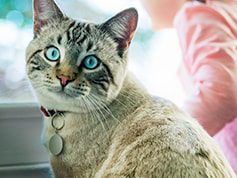
Raw eggs and meat. Bones
Cats eating raw eggs or meat can lead to bacterial infections, such as those caused by salmonella or E. coli. Symptoms of the disease may be different. Most often it is vomiting, diarrhea, lethargy, weakness.
Salmonella bacteria, as well as E. coli, can also cause illness in humans, so be careful: wash your hands thoroughly after cooking, do not let your cat close to raw foods.
Raw eggs also contain an enzyme that can lead to coat and skin problems.
Raw bones can lead to injury to the digestive tract and teeth.
Chocolate and caffeinated drinks
Everyone has probably heard that chocolate can be fatal to dogs. To the same extent, cocoa bean treats are poisonous to cats. Chocolate and caffeinated drinks contain plant alkaloids methylxanthine: they can cause vomiting, diarrhea, fever, muscle tremors, heart rhythm disturbances, tenderness, especially in the abdomen, profuse thirst and convulsions in cats. As a rule, dark and bitter chocolate are more dangerous than milk and white. However, if your cat develops any of the above symptoms after eating any type of chocolate, be sure to contact your veterinarian for help.
Fish
Ironically, fish is not the healthiest item on a cat’s menu. Often the use of raw fish is fraught for the animal with the development of urolithiasis, helminthic invasion, hypovitaminosis. In addition, very often, due to injuries from small but sharp bones, the internal organs of the pet suffer.
Sweets, fruits and berries
All foods containing a lot of sugar are harmful to pets. This applies not only to muffins, cookies and sweets, but also bananas: due to excess sugar in ripe fruits, a cat can experience indigestion, obesity, and even pancreatitis. In addition, bananas contain a significant amount of starch, which is poorly digested and absorbed by cats. An excess of it in the diet can lead to flatulence and diarrhea. For the same reason, you should be careful when introducing potatoes and other starchy foods to the menu of cats and cats. Problems can also arise with the abuse of flour. Buns, loaf, bread, pasta and other dishes beloved by some cats often cause obesity, constipation and colitis in tailed gourmets.
mushrooms
It is unlikely that something will happen to a fluffy bully if he bites off a little from a store-bought champignon – provided that you notice the mess in time and select the mushroom. No matter how you look at it, this is not suitable food for cats. Forest and raw mushrooms are of great danger. Symptoms of poisoning – slow heart rate (bradycardia), weakness, lethargy, vomiting and diarrhea, constriction of the pupils, increased salivation.
Alcohol
A visit to the veterinary clinic may also be required after the cat has consumed alcohol. Alcoholic drinks (vodka, beer, liqueurs, tinctures, etc.) lead to severe poisoning in a pet, which may be accompanied by vomiting, diarrhea, convulsions and tremors, lack of coordination and difficulty breathing. In severe cases, these drinks can cause coma and even death of the cat.
raw dough
Raw dough can cause active fermentation in the animal’s digestive tract or lead to the production of alcohol in the stomach (similar to the production of kvass, beer and some other drinks). If you suspect that your cat has swallowed even a small amount of alcohol, you should take it to the veterinarian as soon as possible.
Milk and dairy products
Contrary to popular belief, milk and dairy products are not all that healthy for cats. Even if she eats them with pleasure, this can lead to indigestion, incl. to diarrhea, as well as contribute to the appearance of excess weight in the pet. The reason is the difficulty in digesting lactose, a milk sugar: most felines encounter this substance only in mother’s milk. Kittens feed on milk for several weeks after birth. The repeated introduction of lactose into the diet can adversely affect the functioning of the digestive system. Also, all dairy products are quite high in calories. So, for a cat weighing 4,5 kg, 28 g of hard cheese are equal in calories to 4 bars of chocolate for an adult, and 1 cup of milk is 5!
And while some cats do not have lactose intolerance problems, feeding them milk, butter, and other dairy products is not recommended.
Grapes and raisins
It is still unclear why even a small amount of grapes and raisins in a cat’s diet can lead to poisoning, namely the development of acute or chronic renal failure. During the first 12 hours, the cat may experience vomiting and other symptoms such as lethargy or increased activity, diarrhea, decreased appetite, infrequent urination, and tenderness in the abdomen, which may occur over the next 24 hours. And while some cats don’t show any side effects, it’s best to remove grapes and raisins from kitchen countertops and other places accessible to your pet.
Dog food
Dog food is not toxic to cats, but your pet needs a completely different set of nutrients. Cat food, unlike diets for dogs, should contain vitamin A (and not just its predecessors such as beta-carotene), taurine (an essential amino acid for cats), arachidonic acid (an essential omega-6 for cats fatty acid) and more protein. Some of these substances, such as vitamin A and protein, are not needed by dogs in the same amount as cats, but taurine and arachidonic acid are produced in sufficient quantities in their bodies. But for cats, the lack of these substances can result in diseases of the heart, eyes and teeth. Do not worry too much if a cat or a cat periodically eats its food after your dog, the main thing is that such gourmets always have access to a high-quality and balanced diet for cats.
Tips for organizing a lack of food
Here are some simple tips to help prevent your cat from eating toxic foods:
- Keep food out of the cat’s reach. If the kitten is curious, install special locks on the cabinet doors as for small children;
- Do not let the cat sit on the table while cooking or eating;
- Do not feed her scraps from the table;
- Be on the lookout during holidays and family feasts: seductive aromas and new dishes will not leave indifferent even the most well-mannered and obedient animal.
If you notice or suspect that your pet has eaten something forbidden, take him to the veterinarian immediately. The life and well-being of your cat depends on what kind of food it eats. By keeping poisonous and dangerous foods out of her reach, you help her stay healthy.



